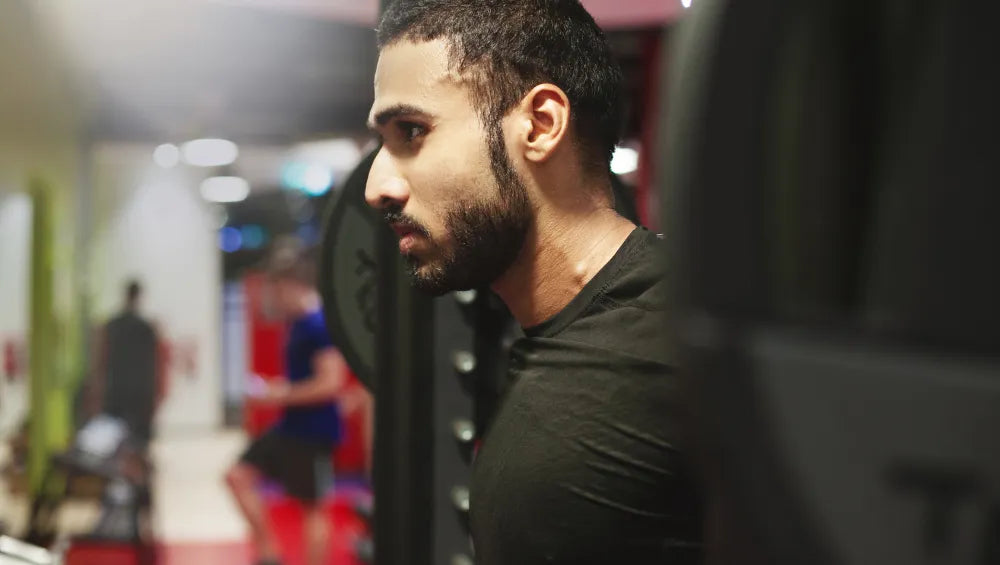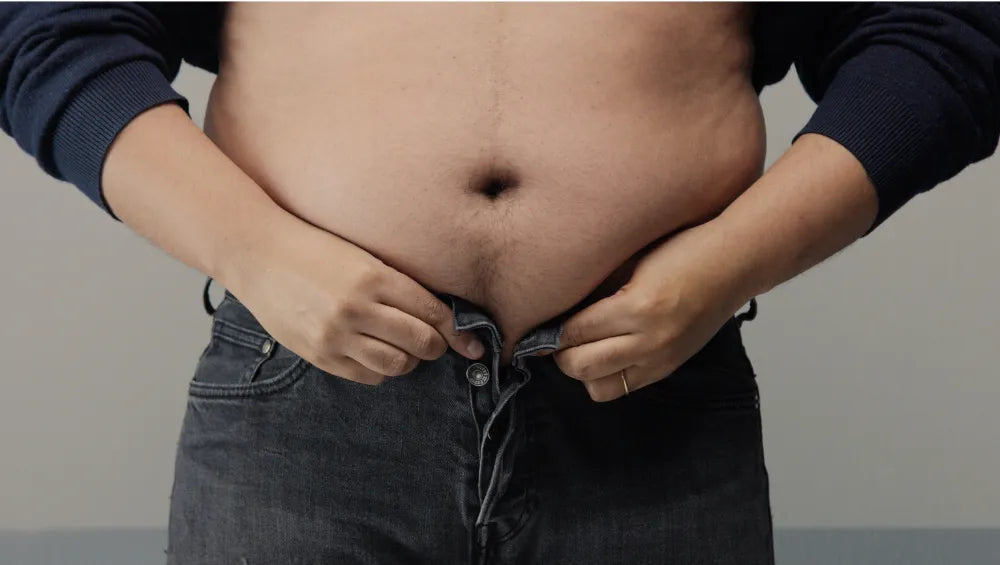The holy month of Ramadan is an important time for Muslims around the world. It's a time of fasting, prayer, and spiritual reflection. During this time, it can be difficult for some to maintain high energy levels while engaging in physical activities such as weight training. However, it's entirely possible to maintain your workouts and even improve your performance with proper planning and a balanced diet. How can you adapt your Ramadan weight training program? Our advice.
Understanding the impact of fasting on the body
During Ramadan, people fast from dawn to dusk, without eating or drinking. This leads to physiological changes in the body that can affect your strength training sessions and possibly your ability to achieve your goals:
- Dehydration affects strength and endurance.
- Metabolism slows down to save energy (risk of fat gain).
- Glycogen stores decrease, resulting in decreased performance.
- A risk of muscle mass loss if the diet is not adapted.
Adapt your training program
Although fasting can be restrictive, it is possible to continue to progress in bodybuilding by intelligently adapting your training program, according to the following principles:
Finding the right time to train
Choosing the right time slot for your Ramadan muscle-building session is crucial. During Ramadan, certain times seem more suitable than others:
- Before breaking the fast (Iftar): This is a great option because it allows you to break the fast directly after your workout. This means your energy reserves will be at their peak for your next session. However, you should be careful not to overexert yourself during your workout.
- After breaking the fast: If you prefer to wait a few hours after Iftar, consider eating a meal containing complex carbohydrates and lean protein to provide the energy you need for your session. Also, remember to stay well hydrated!
- After Tarawih Prayer: If you want to work out after this nighttime prayer, you can! Make sure you have eaten a light, balanced meal about an hour before your session and stay well hydrated.
Reduce the intensity and duration of training
During a fast, it is important to listen to your body and reduce the intensity and duration of your weight training sessions to avoid exhaustion:
- Favor multi-joint exercises over isolated movements.
- During Ramadan, sleep and nutrition are disrupted, directly affecting recovery. It is therefore essential to get a good night's sleep and take advantage of the possibly shorter nights to take naps during the day.
- Reduce training volume. Reduce the number of sets and repetitions in your regular routine. Low energy availability makes it harder to maintain the intensity and quality of your training. Therefore, opt for shorter and less frequent sessions throughout the month.
- Don't hesitate to lighten the loads you lift. Adjust the intensity. Do fewer high-intensity exercises and focus on those that put less strain on your cardiorespiratory system.
Some examples of exercises to practice
During Ramadan, it's best to focus on functional strength training exercises and avoid overly intense workouts. Here are some examples of suitable exercises:
- Squats
- Push- ups
- Dips
- Pull-ups
- Leg press
- Rowing ( Rowing )
Maintain a balanced and appropriate diet
Special attention should be paid to diet in order to compensate for the constraints of fasting and support your training program.
Ensure sufficient protein intake
Protein is crucial for muscle recovery and repair. To prevent muscle loss, it's crucial to consume enough protein during Ramadan. Make sure you're getting enough lean protein from foods like white meat, fish, eggs, dairy, and legumes.
Eat low or moderate glycemic index carbohydrates
Low- to moderate-glycemic index carbohydrates help ensure a gradual and sustained release of energy in the body and help maintain your glycogen levels. Here are some examples of foods to favor:
- Whole grains (whole wheat bread, brown rice, whole wheat pasta, oats).
- Fresh and dried fruits.
- Sweet potatoes.
- Green vegetables.
Hydrate properly
Dehydration is a limiting factor in your bodybuilding performance. Take advantage of the times when you're allowed to drink to stay hydrated:
- Consume water regularly during the night between Iftar and Suhur .
- Avoid diuretic (coffee, tea) and sugary drinks.
- Choose drinks rich in electrolytes such as coconut water or fresh fruit juices.
- Eat foods rich in water: Fruits, vegetables, soups.
Eat foods rich in vitamins and minerals
These nutrients are essential for the proper functioning of your body and to support your immune system. Green leafy vegetables, nuts, and seeds in your diet are good sources of these essential elements.
Managing sleep and recovery
To make progress in Ramadan muscle building, it's crucial to get enough rest. Ramadan can disrupt your normal sleep cycle, so it's important to organize your days to ensure adequate rest:
- Make sure you get at least 7 to 8 hours of sleep every night.
- Don't hesitate to take a nap during the day if necessary.
- Combine training with relaxing activities such as supplications or listening to the Quran.
Ramadan Bodybuilding: In Summary
By following these recommendations, you'll be able to maintain or even improve your strength training performance and continue your Ramadan bodybuilding routine. By adapting your training and diet, you'll be able to fully benefit from the physical and mental health benefits of this period. Remember that everyone is unique, and it's important to adapt this guide to your individual needs.













